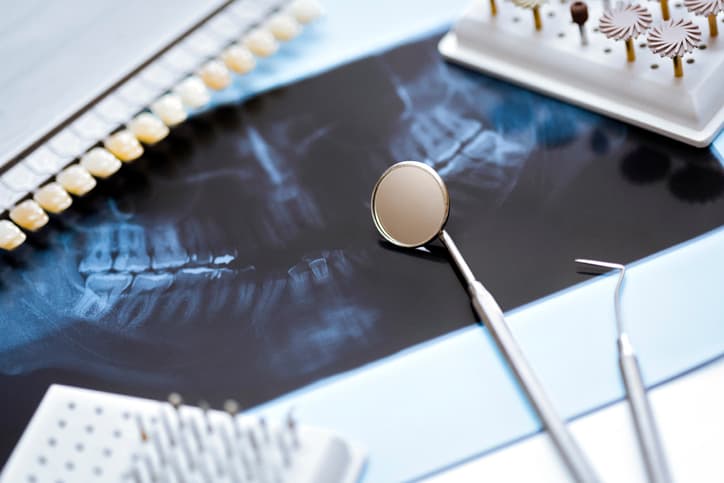 Your tooth has been bothering you for weeks. Now the pain has become unbearable. Maybe your jaw has been sore lately. Or you lost a tooth recently.Is a trip to the dentist enough? What if you need to see an oral and maxillofacial surgeon? How do you know?
Your tooth has been bothering you for weeks. Now the pain has become unbearable. Maybe your jaw has been sore lately. Or you lost a tooth recently.Is a trip to the dentist enough? What if you need to see an oral and maxillofacial surgeon? How do you know?Talk to Your Dentist First
If you have problems with your teeth, gums, or jaws, go see your dentist, even if the pain is in the area around your mouth or face.
If it’s an emergency and a dentist is not available, head to an urgent care clinic or an emergency room. Then follow up with your dentist. Your dentist can handle most oral problems. If they think you need an oral surgeon, they’ll recommend one.
The Oral and Maxillofacial Surgeon
If your dentist recommends oral and maxillofacial surgery, their talking about a speciality of dentistry that is concerned with and includes the diagnosis, surgical and adjunctive treatment of oral diseases, injuries and defects involving both the functional and aesthetic aspects of the hard and soft tissues of the oral and maxillofacial regions and related structures.
An oral surgeon can help you out of several situations.
Impacted teeth: This mostly happens with wisdom teeth. But it can happen in other places in your mouth, too. When the teeth come through the gums for the first time, it might be crowded, so they either don’t come out at all or don’t come out completely. This can cause sore gums and infections.
Sleep and breathing issues: This covers things like snoring and sleep apnea, a condition that causes you to stop breathing for brief periods during sleep. A doctor with special training may recommend a CPAP machine or other appliance that can open your airway. They may also want you to have surgery, and you’d go to an oral surgeon.
Cancer treatment: Oral surgeons can also help treat cancers, not just of the mouth, but also of the head and neck, like of the salivary glands, sinuses, throat, larynx, and lips.
- Nerve repair
- Cleft lips and cleft palate surgery
- Removal of lesions on the face or inside the mouth
If you have problems with your teeth or gums, talk with your dentist. They might be able to fix it. If not, an oral surgeon can give you the relief you’re searching for.
